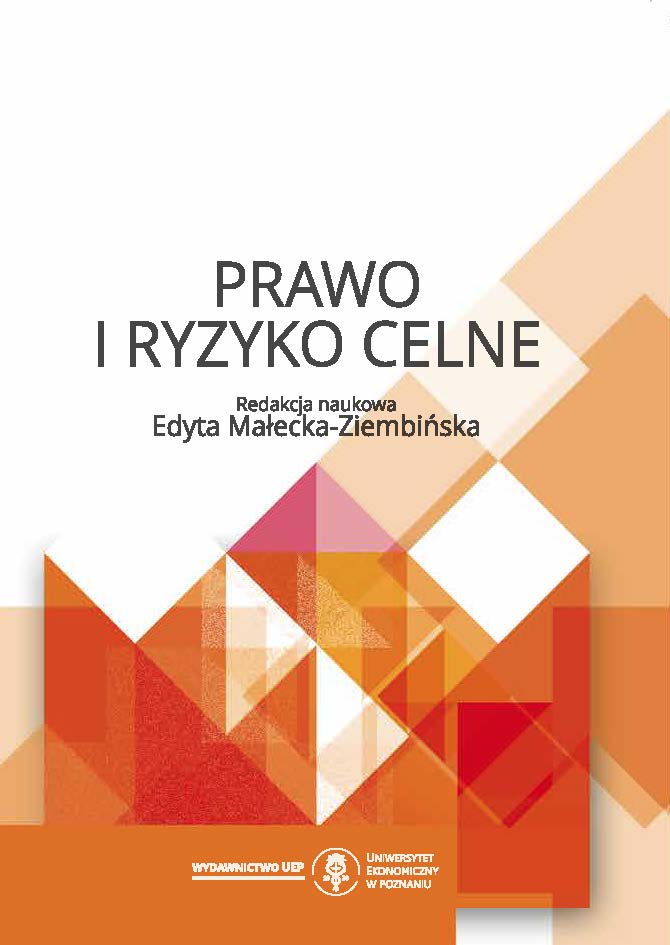
Przyczynek do historii uproszczeń celnych w Polsce (1997–2023)
Purpose: The study analyses the history and the peculiarities of the current system of customs simplifications in Poland and offers proposals for the use of automation of customs processes as a simplification for honest economic operators to reduce the losses related to the planned cancellation of simplified procedure in export. Design/methodology/approach: general scientific methods (analysis, synthesis, comparison, description); private and academic (interpretation, formal–legal). Findings: The study findings have provided argument for the critical need and relevance to find solutions ensuring the supply chain fluence and simplified movement of goods in export. The author proves that Polish customs administration should develop automated systems based on best practice that use risk management to identify cargo that pose a potential risk to security and release all other shipments for export without undue delay.
More...






